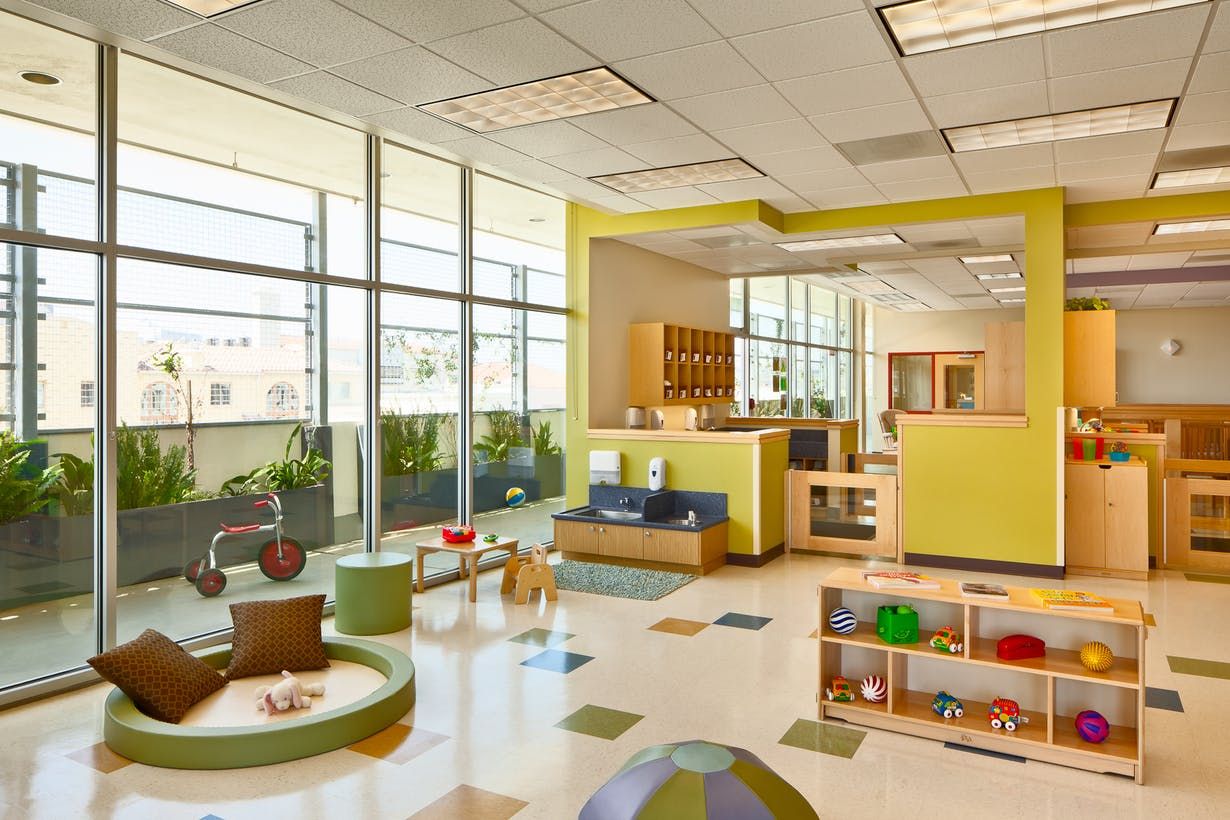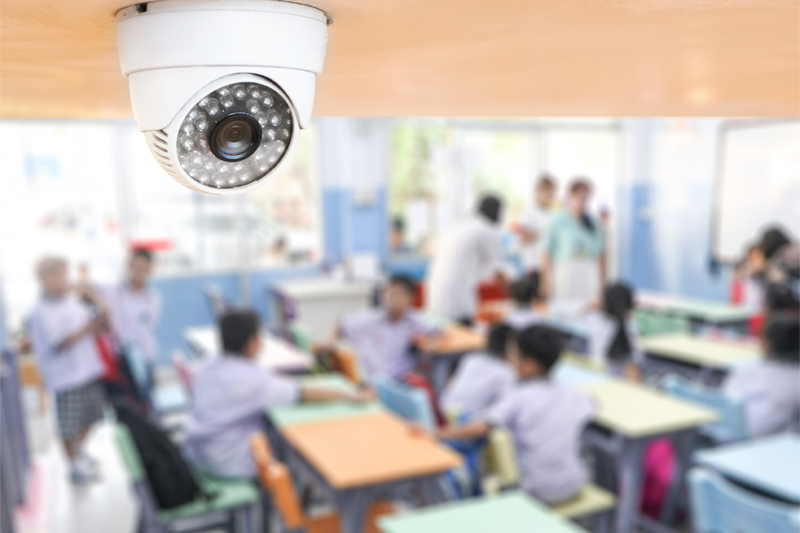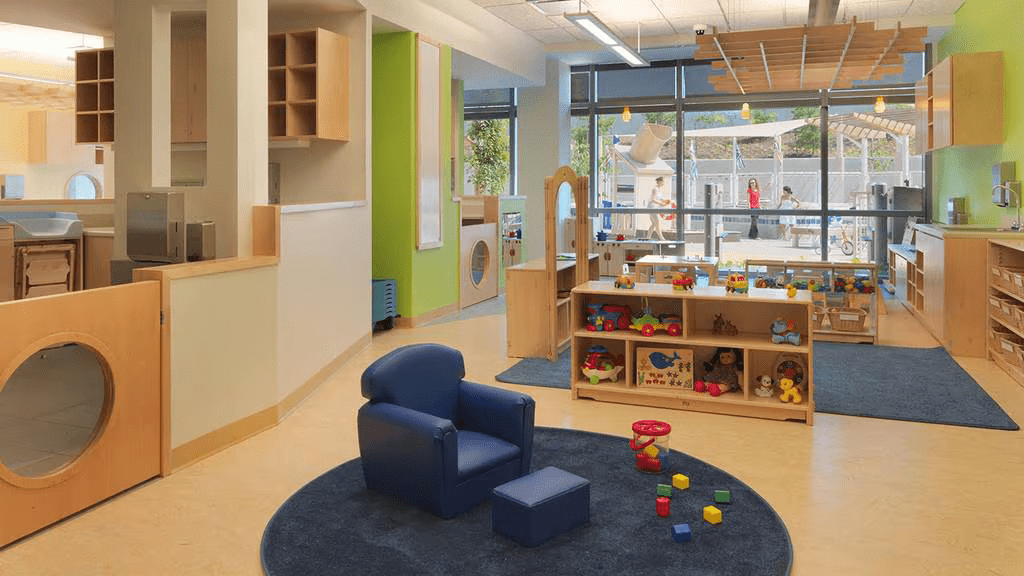The Importance of Daycare Building Security
Daycare buildings are more than just structures; they are sanctuaries where parents entrust their most precious assets - their children. These facilities play a crucial role in early childhood development and provide essential services to families. The security of these buildings is paramount, as they house vulnerable young children, dedicated staff, and sensitive information. Ensuring the safety of everyone within a daycare facility is not just a legal requirement, but a moral imperative that forms the foundation of trust between childcare providers and families.
Prioritizing security in daycare environments is crucial for several reasons. First and foremost, it protects the physical safety and emotional well-being of the children. A secure environment allows children to focus on learning and play without fear or anxiety. Second, it provides peace of mind to parents, knowing their children are in safe hands throughout the day. Lastly, it protects the staff and the facility itself from potential threats, ensuring continuity of services and maintaining the daycare's reputation in the community.
Failing to implement adequate security measures can lead to severe consequences. Daycare facilities may face risks such as unauthorized access, child abduction, accidents, or even violent incidents. Moreover, security breaches can result in loss of trust from families, legal liabilities, and potential closure of the facility. By implementing comprehensive security measures, daycare providers can create a safe, nurturing environment that allows children to thrive.

Access Control Systems
Controlled access is a fundamental aspect of daycare building security. An effective access control system serves as the primary barrier to unauthorized entry, ensuring that only authorized personnel, parents, and designated guardians can enter the facility. These systems may range from simple keypad locks to more advanced methods like electronic key cards or biometric scanners. When selecting an access control system, daycare providers should consider factors such as ease of use, reliability, and the ability to maintain accurate records of entry and exit. A well-implemented access control system not only restricts unauthorized access but also provides valuable data for monitoring who is in the building at any given time.
Surveillance and Monitoring
Modern security strategies for daycare buildings incorporate high-quality surveillance cameras and monitoring systems. These tools offer continuous observation of key areas within and around the facility. Security cameras provide visual documentation of activities, which can be crucial in preventing incidents, monitoring children's safety, and investigating any concerns raised by parents or staff. Many daycare centers now offer parents the ability to view live streams of their children's classrooms, providing additional peace of mind. When implementing surveillance systems, it's important to balance security needs with privacy concerns, ensuring that cameras are placed appropriately and that access to footage is strictly controlled.

Staff Identification and Management
In a daycare setting, it's crucial that all adults present can be easily identified by both children and other adults. Implementing a staff identification system, such as ID badges with photos and job titles, helps ensure that only authorized personnel interact with children. These badges should be worn at all times and regularly updated. Additionally, thorough background checks should be conducted on all staff members, volunteers, and even regular visitors who might have unsupervised access to children. This includes not just teachers and administrative staff, but also maintenance personnel, enrichment program instructors, and student teachers.




